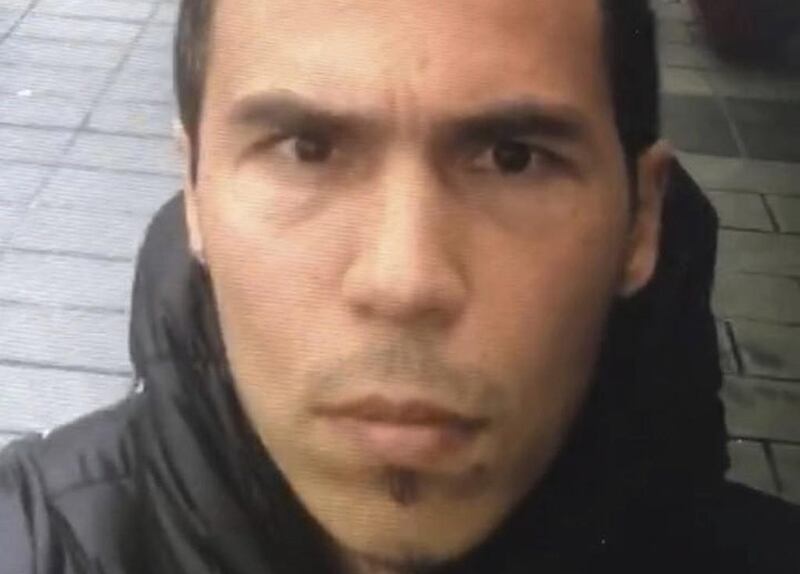ISTANBUL // The man who shot dead 39 people at an Istanbul nightclub on New Year’s Eve has been identified as an Uzbek militant who belongs to ISIL.
The killer has the code name Abu Mohammed Horasani within the extremist group.
There had been confusion over the identity of the attacker — who remains on the run — with reports initially suggesting that he was from Kyrgyzstan, and others that he was a Uighur, the Turkic ethnic group from the restive Xinjiang region of southwest China.
But intelligence services and antiterror police in Istanbul have identified the man as a 34-year-old from Uzbekistan who is part of a Central Asian ISIL cell.
The killer slipped into the night after killing 27 foreigners and 12 Turkish nationals at the Reina nightclub in Istanbul just 75 minutes into 2017.
__________________________________
ISIL in Turkey
■ With nothing to lose, ISIL shows its hand in Turkey
__________________________________
Survivors, who hid on top of a large industrial freezer, said the gunman entered the nightclub kitchen after the killings, and spent 30 minutes wiping fingerprints from his AK-47 assault rifle before leaving it behind, along with his coat. He changed clothes, put on a Santa Claus hat and blended into the panicked crowd – smearing himself with blood on his chest, and limping.
Despite an intense manhunt, he remains on the run, with some reports saying he is believed to be still in Istanbul. Security has been tightened around the city and at border crossings and airports to prevent him from fleeing Turkey.
Turkish police last week released images of the attacker, including a chilling silent video taken in central Istanbul with a selfie stick.
Uzbekistan clamped down on extremists after the fall of the Soviet Union under the secular rule of Islam Karimov, who died in 2016.
ISIL militants from Central Asia, including Kyrgyzstan and Uzbekistan, as well as from the Russian regions of Dagestan and Chechnya are believed to have played a key role in the triple suicide bombings and gun attack at Attaturk airport in Istanbul in June.
ISIL said one of its terrorists carried out the Istanbul nightclub attack, the first time it has ever clearly admitted to a major attack in the country despite being blamed for several strikes including the airport bombings.
* Agence France-Presse and Associated Press





